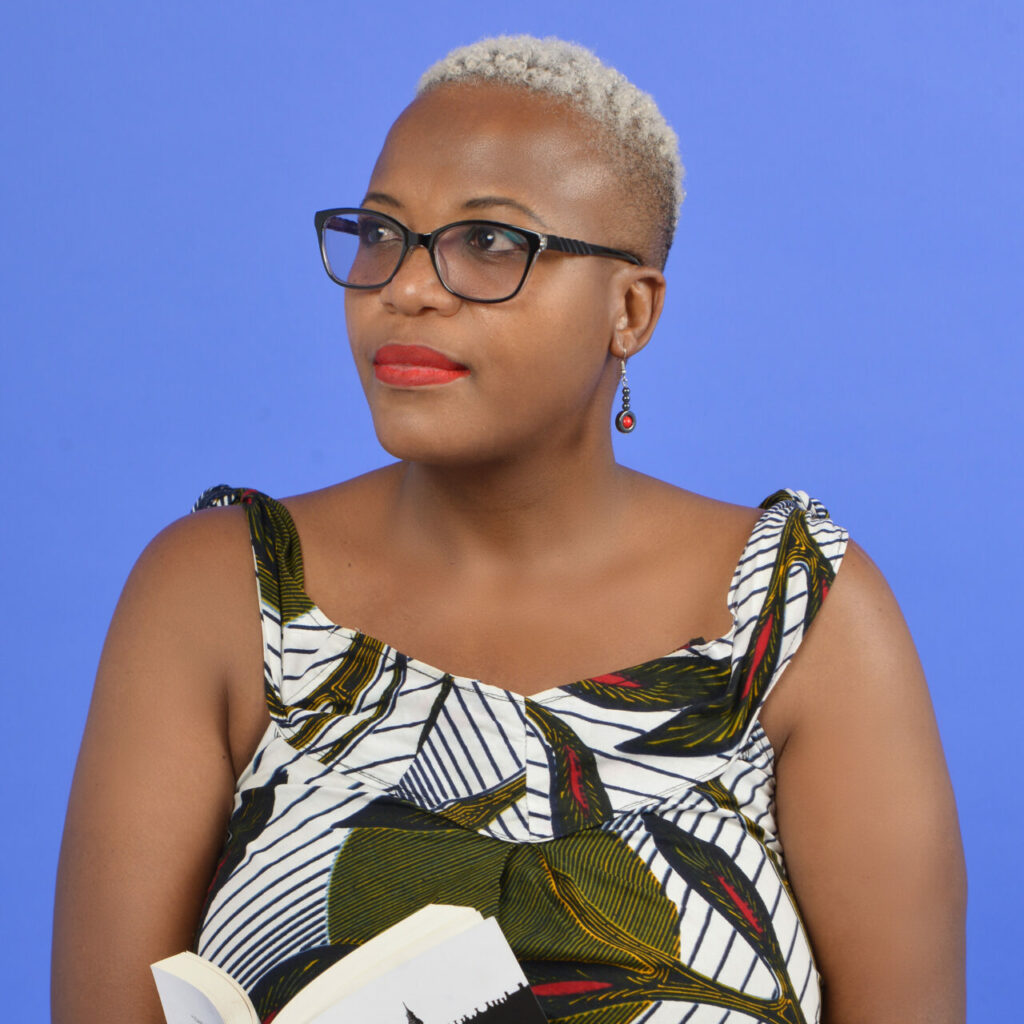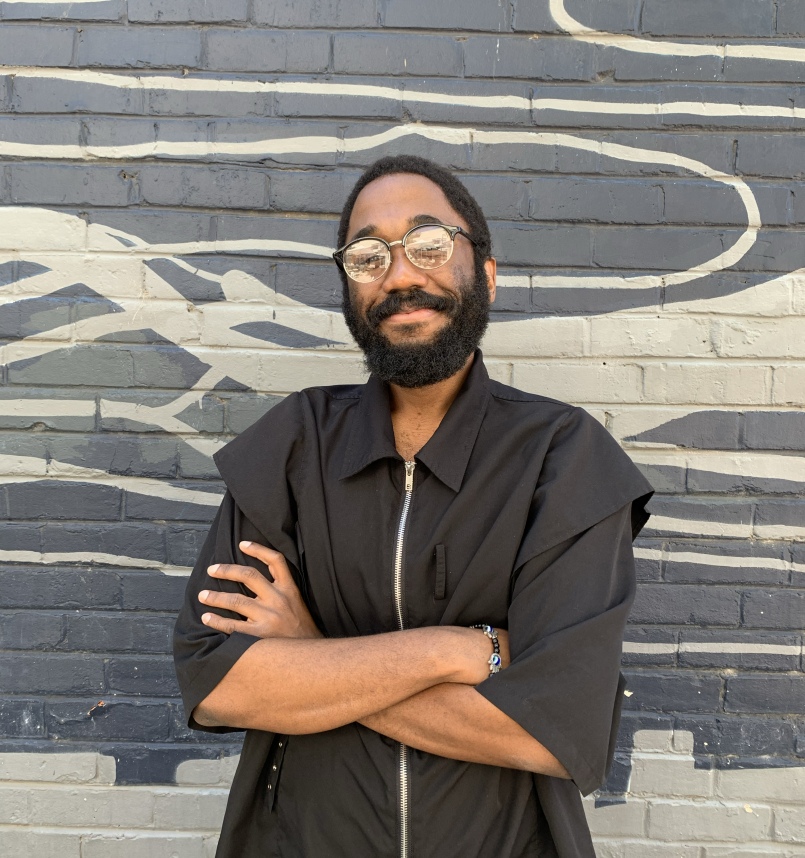Zukiswa Wanner is a critically acclaimed South African journalist, novelist and editor who recently released her fifth novel Love, Marry, Kill with South African publisher Kwela. For this seventh edition of A Short Talk, 2025 Rajat Neogy Editorial Fellow Sihle Ntuli had an exchange with the writer about the novel, pan-Africanist literature and social justice. In this conversation, Zukiswa Wanner touches on the significance of writer wellness and awareness through her profound insight as a seasoned writer and industry leader. Marvel in the delight of this intensely stimulating dialogue with one of African literature’s great treasures.
A LONG HOUSE
Congratulations on your fifth novel Love, Marry, Kill, which comes ten years after the publication of 2014’s London, Cape Town, Joburg. What has motivated such a strong and triumphant return to the novel genre?
ZUKISWA WANNER
I think of the novel as my first love. In the last ten years, I was experimenting a lot with voice just to show I can go beyond the novel (more children’s writing, travel, essays) but equally important, I was actively working on more of an African-centred literary activism that took me away from said first love,
A LONG HOUSE
Having experienced quite a number of African cities, what has inspired your choice to set the novel in Johannesburg? How does setting influence the story being told?
ZUKISWA WANNER
I truly believe my Muse resides in Johannesburg. The most I have ever been able to do is to set short stories in other cities but I am incapable of imagining my novel characters elsewhere (unless they are visiting) because it’s a city whose pulse and heart, with all its successes and failings, I understand.
A LONG HOUSE
One of the most compelling characters in Love, Marry, Kill is the assassin Sandy, or Sandla, notable for being a hitman despite having a prosthetic right arm. This is a character you described as a favourite in a past interview, could you take us through how you conceptualised such a memorable character?
ZUKISWA WANNER
I have a friend who owns a tavern in Tembisa. While doing research on the township as I was conceptualising the novel Love Marry Kill (I tend to write in my mind first before I even put fingers to laptop), I kept seeing this short cat in the tavern. He was always impeccably dressed and always made it rain for the rest of the patrons but when I asked what he did for a living, no-one seemed to know. The one arm was just a crazy literary device on my part.
A LONG HOUSE
As someone who has established themselves in the pan-African literary scene for almost two decades, what excites you most about African writing from the continent? What kind of writing would you like to see more of, especially from young African writers?
ZUKISWA WANNER
Most exciting is definitely the fact that the books coming out encompass all genres and have gone beyond just literary fiction as seemed to be largely the case when my first novel came out 19 years ago so I wouldn’t ask for anything more but just ask everyone coming on the scene to keep going and never stop learning, reading widely and also your contemporaries (Just to ensure you don’t write a poor version of a story that’s already been told) or experimenting with voice.
A LONG HOUSE
With writers, a topic that can often go understated and unattended to is health, what are your thoughts on writer wellness, how do you personally approach self-care?
ZUKISWA WANNER
I walk/run three to five times a week (walk when with a non-runner. Run when I am alone). I have also disconnected social media beyond WhatsApp on my phone as well as email. I also just switch off my phone at least twice a week. The sky won’t fall down from the sky if an email goes unanswered for a few days and the opinions of online ‘friends’ are not as valuable as the people (or books) physically present with me.
A LONG HOUSE
You’ve been extremely vocal about what is currently happening in Gaza and the West Bank, even going as far as to return your Goethe Medal to the German embassy in protest. In what ways can African writers show solidarity and remind the people of Palestine that their struggle for liberation has not been forgotten?
ZUKISWA WANNER
Engaging with Palestinians and asking what solidarities they need is a good way. Equally important is Boycotting institutions and companies trading in and with Israel, Divesting and asking our governments to sanction them. Capitalism only reacts when profits are threatened.
A LONG HOUSE
As someone who is seasoned in the composition of prose works, how do you prepare yourself to write? Could you share with our readers one particular part of your writing routine or a specific ritual?
ZUKISWA WANNER
I engage a lot with other art forms beyond books. Theatre, music, dance, visual art, film help me immerse myself in the heart of issues (when writing nonfiction) or characters (when writing fiction).
A LONG HOUSE
Could you take us back to the early days of Zukiswa Wanner? What is one mistake you vividly remember from early on in your writing career that you hope to warn aspiring writers not to repeat? How did you come to learn from this?
ZUKISWA WANNER
My rookie mistake was definitely being too excitable about having a writing contract and not talking to writers who were there on common mistakes that are ignored but can cost one in contracts. Luckily, the publisher went under and the rights reverted to me but not everyone gets as lucky as I did.



